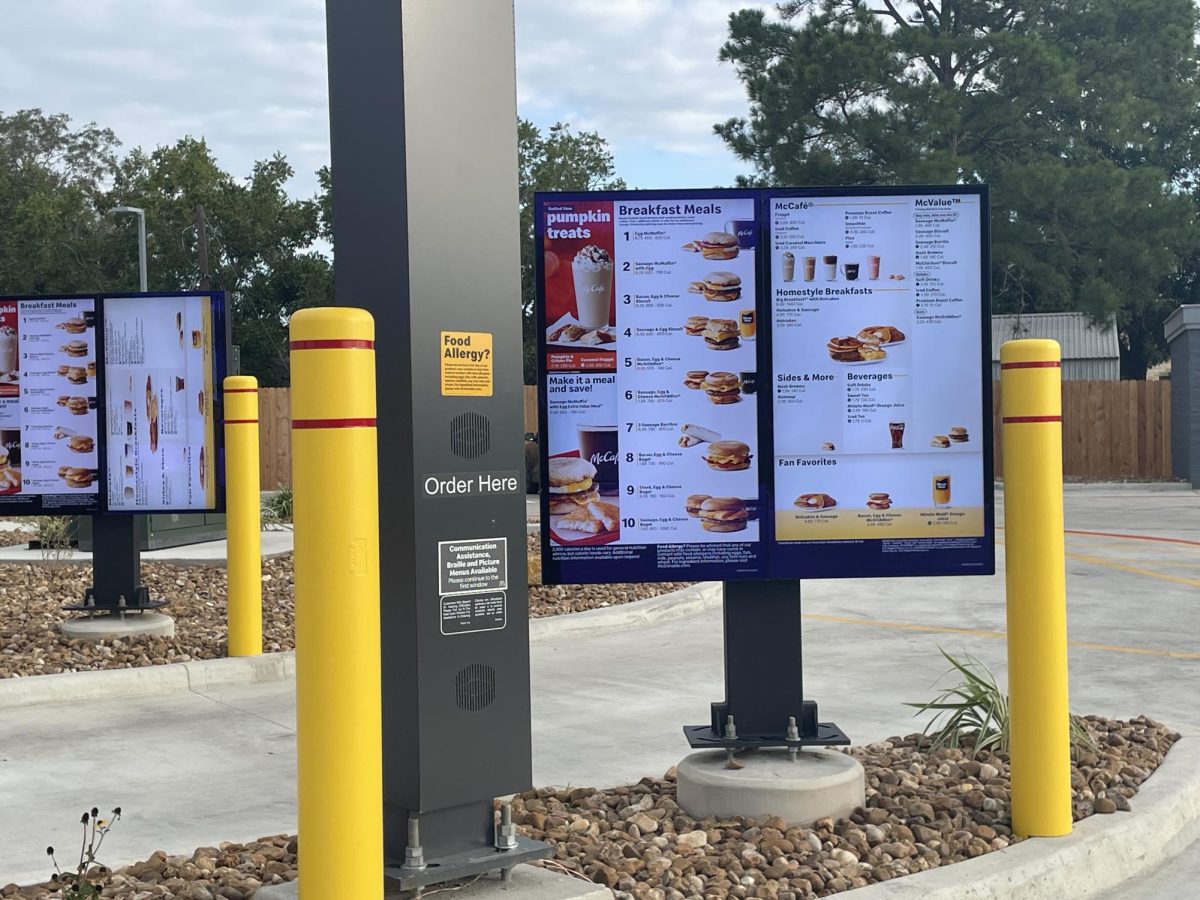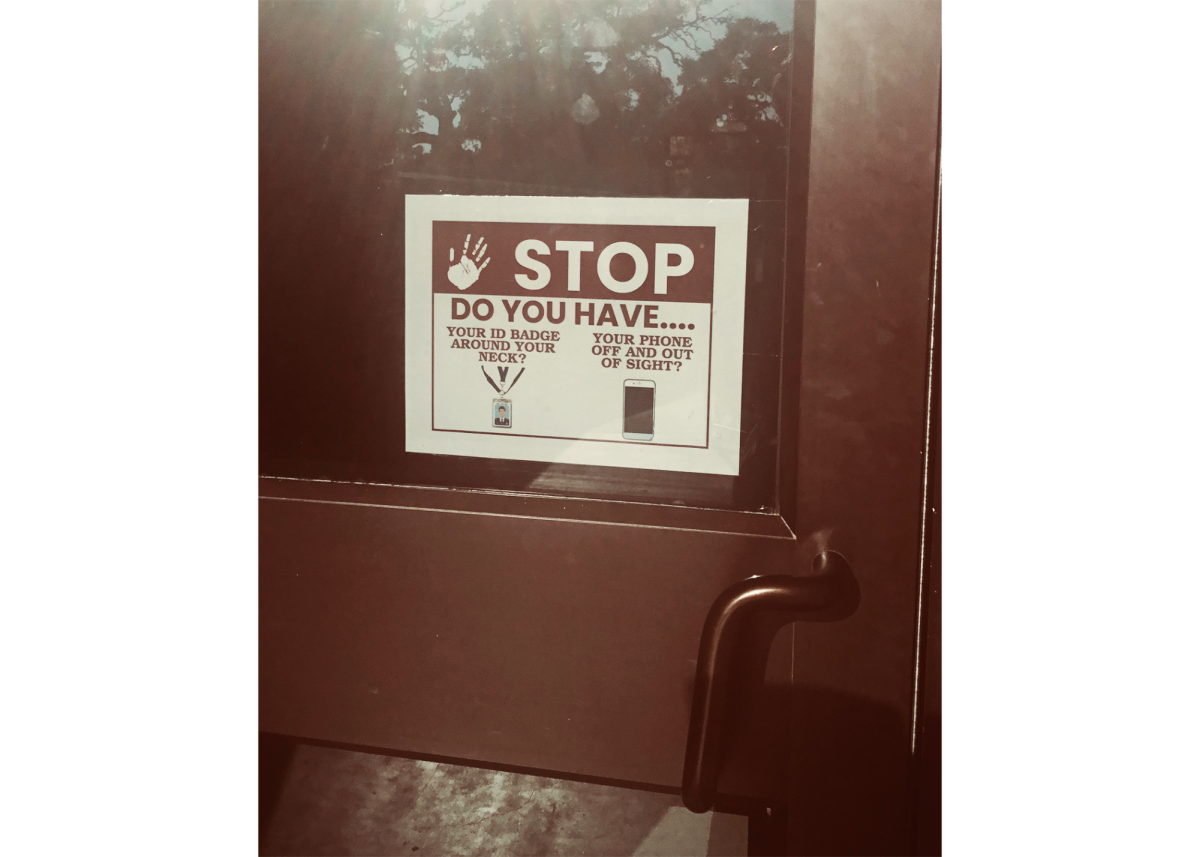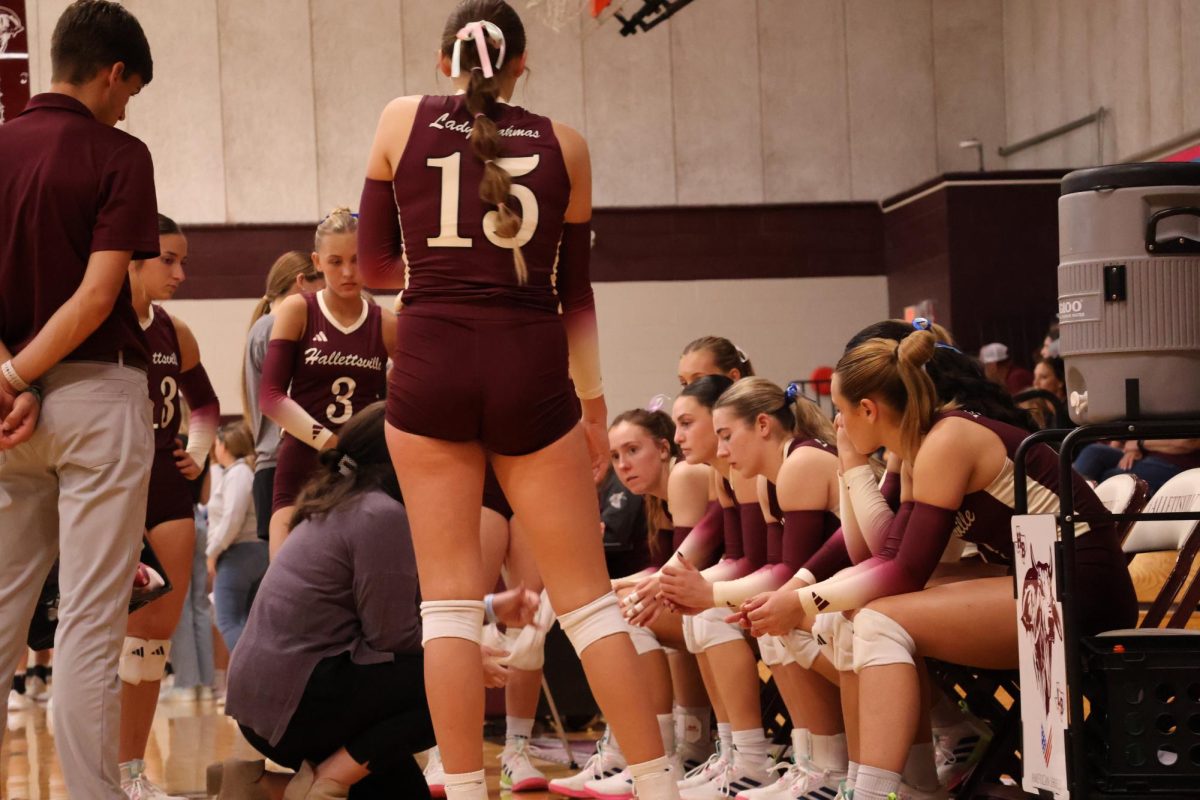
The truth is, people make choices—sometimes illegal ones—and often don’t face consequences. That’s part of why vaping has become such a hot topic. People do it, and many don’t seem to suffer immediate consequences. Sure, we’ve all heard the horror stories of vapes exploding or being laced with fentanyl, but unless it happens right in front of you, those stories are easy to ignore.
So why are we denying the inevitable? Why are we creating “Vaping is not cool” posters and shaming those who vape, when, according to Texas Health and Human Services, “42% of all U.S. high school students have vaped”? The facts speak for themselves—vaping is widespread. Your parents, your sibling, or even your best friend could be vaping, whether secretly or openly, and yet you love them all the same.
Instead of focusing on judgment, we need to think about how we’re addressing this issue. Telling someone, “Don’t vape,” rarely makes an impact. Instead of criticizing, maybe it’s time to ask the right questions. The most important one? “Why do you vape?”
Below are honest responses from students who either vape themselves or know someone who does.
“For the feels of it, the thoughts I have when doing it, such as, ‘Man, if life was always like this.’ It gives you a stance of feeling high. It gives you a spark,” said one student.
“The reason I vape is because it’s a coping mechanism. I have a lot going on in my life, and even though I know it’s wrong, it helps,” shared another.
“To be honest, my friends were doing it, so I started too,” admitted a third.
It’s clear that vaping isn’t just a trend—it’s a coping mechanism, a habit, and, for some, a way to escape. Whether we agree with it or not, people vape for a reason, and until we’re willing to listen to their stories, we’re unlikely to make meaningful progress. Maybe the key isn’t just to tell people to stop but to offer them better alternatives and address the deeper issues that led them there in the first place.






















